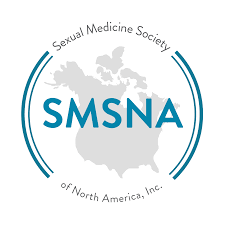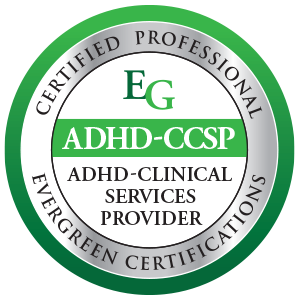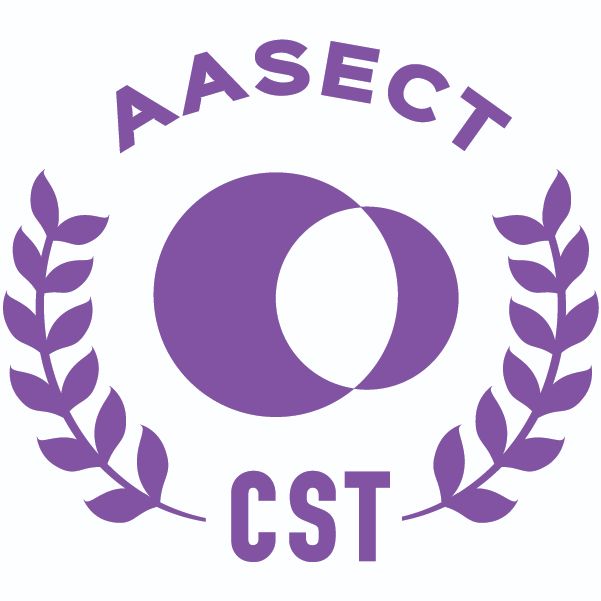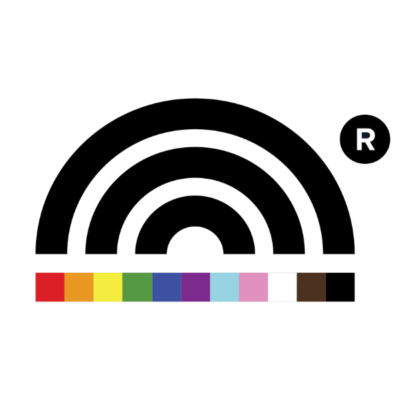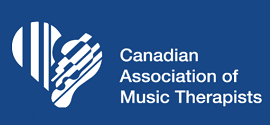Understanding Counselling Regulation in Nova Scotia: Why Title Protection Matters
May, 2025
If you’re seeking counselling services in Nova Scotia, it’s important to understand how the profession is regulated—especially when it comes to who can call themselves a counsellor, and who is actually licensed to provide counselling therapy. The landscape can feel a bit confusing, and many people are surprised to learn that while some aspects of counselling are regulated, others are not.
Here’s what you need to know.
Title Protection: A Key Safeguard
In Nova Scotia, the practice of counselling therapy is semi-regulated. This means that while certain titles are protected by law, the actual practice of counselling is not.
Under the Counselling Therapists Act, only individuals who are licensed by the Nova Scotia College of Counselling Therapists (NSCCT) may use the following professional titles:
- “Counselling Therapist”
- “Registered Counselling Therapist” (RCT)
- “Registered Counselling Therapist–Candidate” (RCT-C)
This is what we call title protection—a legal safeguard that ensures these specific titles are only used by professionals who have met the education, clinical, and ethical standards set by the College (NSCCT, n.d.). These standards include:
- A recognized graduate-level degree in counselling or a related field
- Supervised clinical training
- Ongoing professional development
- Adherence to a strict code of ethics and professional conduct
When someone uses the title “Registered Counselling Therapist” (RCT), you can trust that they are a licensed professional accountable to a regulatory body that exists to protect the public.
Practice Protection: What’s Missing?
While title protection is in place, Nova Scotia does not currently have practice protection. This means that anyone—regardless of training or credentials—can offer “counselling” services and advertise themselves as a “counsellor,” “coach,” or similar title. They are not legally required to be licensed, nor are they held accountable to a regulatory college.
This lack of practice protection creates a significant grey area in mental health care. While there are many skilled helpers and alternative providers doing meaningful work, it also opens the door for individuals to provide therapy-like services without proper training or oversight.
Why It’s Important to Check Credentials
As a client, you deserve to know who you're trusting with your mental health. When looking for a therapist, always:
- Ask about their credentials: Are they licensed by the NSCCT or another regulatory body?
- Verify their title: Only those registered with the NSCCT can legally call themselves a “Registered Counselling Therapist” or “RCT.”
- Check their registration: You can search the NSCCT public registry to confirm that a practitioner is in good standing.
- Inquire about their education and training: What is their background? What populations do they specialize in?
- Understand your rights: Working with a licensed therapist gives you access to a formal complaints process if ethical concerns arise.
Your mental health matters. Working with a licensed counselling therapist helps ensure you are receiving evidence-based care from someone who is professionally accountable.
Final Thoughts
Navigating the mental health system can be overwhelming—but being informed about regulation helps you make empowered choices. While Nova Scotia protects the titles of counselling therapists through the NSCCT, there is currently no protection over who can offer counselling services more broadly. That’s why it’s essential to verify a provider’s credentials and ensure they are properly trained and licensed.
Therapy is a courageous and vulnerable process. You deserve to receive care that is ethical, qualified, and rooted in professional standards.
References
Nova Scotia College of Counselling Therapists (NSCCT). (n.d.). About the College: Title Protection and Regulation. Retrieved April 2025, from https://nscct.ca

